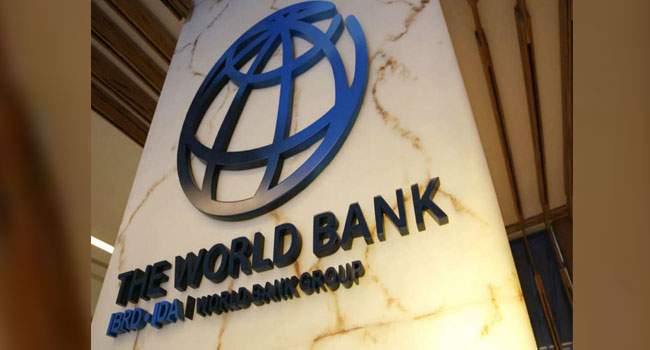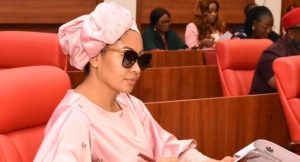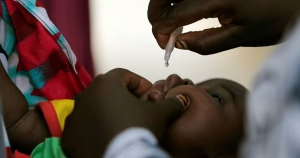World Bank Approves $1.57bn to Boost Human Capital, Climate Resilience in Nigeria
The World Bank has approved three operations, totaling $1.57 billion, to support the Nigerian government in strengthening its human capital and building resilience to the effects of climate change. The funding aims to improve health services, education, and governance in the country.
The HOPE-GOV program, worth $500 million, will address governance issues constraining the delivery of education and health services. It will focus on improving financial and human resource management, increasing transparency and accountability, and enhancing recruitment and performance management of teachers and healthcare workers.
The HOPE-PHC program, with a funding of $570 million, will strengthen primary healthcare services, particularly reproductive, maternal, newborn, child, and adolescent health and nutrition services. The project aims to reduce maternal and under-five mortality, improve health system resilience, and benefit 40 million people, especially vulnerable populations.
The SPIN program, worth $500 million, will improve dam safety and operations, as well as irrigation and drainage services in selected areas of Nigeria. This will help up to 950,000 people, including households, farmers, and livestock breeders, benefit from reliable, climate-resilient, and efficient irrigation and water supply.
Dr. Ndiamé Diop, World Bank Country Director for Nigeria, emphasized the importance of investing in education and health to increase employment opportunities, productivity, and earnings, while reducing poverty. He also highlighted the SPIN program’s focus on protecting citizens from floods and droughts, which will have a direct positive impact on people and livelihoods.
The World Bank’s Country Director expressed pride in working with the government and other stakeholders to deliver the program, which demonstrates the institution’s commitment to supporting Nigeria’s development agenda.
The funding is comprised of a concessional IDA credit and grant financing from the Global Financing Facility for Women, Children, and Adolescents, as well as support from the UK Foreign, Commonwealth, and Development Office and the Children’s Investment Foundation Fund.
The World Bank’s investment in Nigeria’s human capital and climate resilience marks a significant step towards the country’s development and ensures a better future for its citizens.





